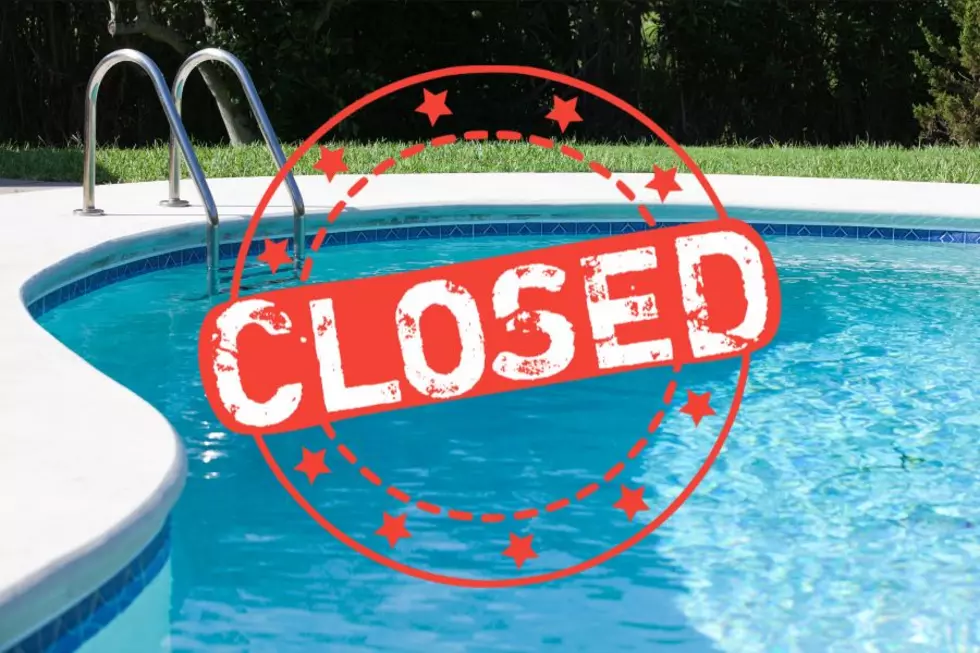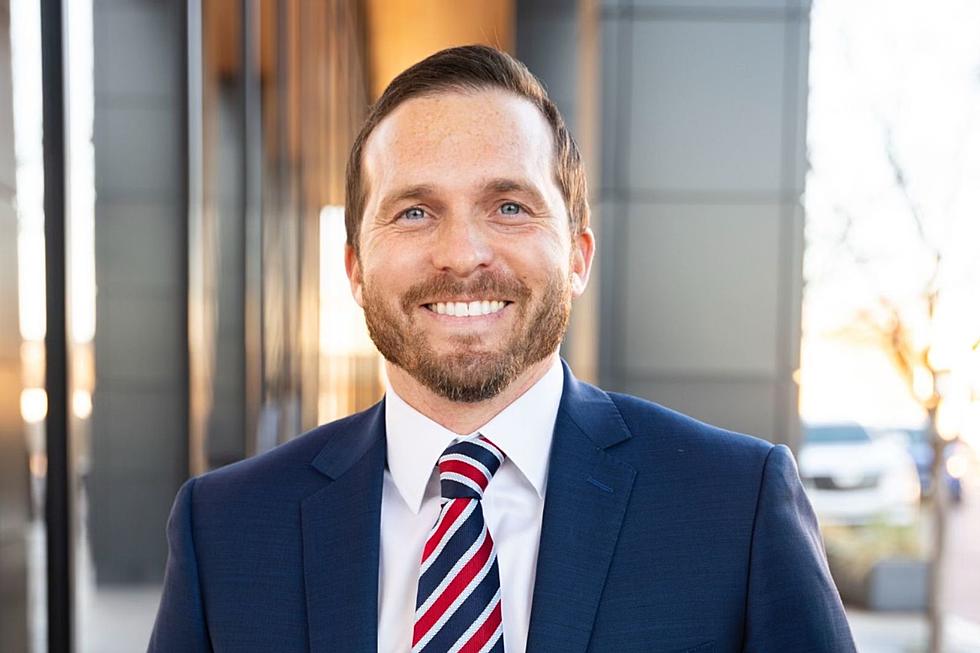
Payday Lending May be Expensive, but Should Government Intervene?
At their last meeting, the Lubbock City Council passed a resolution urging the state legislature to bring stricter oversight to payday lenders.
Lots of people have a dim view of these businesses, which lend individuals money over very short periods of time for very high amounts of interest. The borrower is then out a hefty chunk of extra money due to the interest which he is required to pay back. If the borrower cannot pay the money back, then they face expensive fees and other penalties. By and large, it’s a huge scam.
But then again, so is the world of lending in general. Many of those advocating for the reining in or complete banning of payday lenders proclaim that these people getting involved are in a debt spiral, but many people across the United States are. One doesn’t need to go borrow money from a payday lender to find themselves in a bad situation with lenders, because credit cards, student loans, and the like will land someone in a world of financial hurt just as easily.
This is not to say that debt is always a bad thing. Most people couldn’t afford a decent home without borrowing money from a financial entity, and when they buy a new home, construction workers are then hired to build these homes, and they take out loans to buy new vehicles, which result in more people being hired to produce automobiles, and the list goes on and on. Really, this argument can be made for anything that allows people to funnel money back into the economy.
I don’t find that being a hard-liner against any form of debt is generally beneficial for most people, as long the borrowing is done in a responsible and most cautious manner. Many people see the golden siren song of little to no interest rates on the envelopes that arrive in the mail as a beacon of hope to their otherwise depressed pocketbook. The hope is only fleeting, because these debts must be repaid, but many don’t consider that when applying for their fifth or sixth credit card.
We have had some financial radio show hosts in the past excoriate all forms of borrowing, and hold that the only financially stable way to live life is to tuck away all your hard-earned funds, eat beans and rice, drive an embarrassing jalopy, and die with a massive bank account, so your kids can spend it all on flat-screen televisions and German luxury cars. I tend to think that it’s healthier for us to find some enjoyment in our lives, so I choose to reject that philosophy.
For some of us poor folk, a credit card with a low balance can serve as a nice safety net in case of emergency, such as a vehicular malfunction or an extreme fast-food craving. For others, it can become a way of life, only spending on plastic, then blowing the paycheck on the bill.
Payday loans can lead to a very expensive cycle of debt, but so can any other type of lending. Perhaps some measures should be taken to ensure that the short-term lending entities are more forward with the actual cost of loans given by their company, but it is now well-known that these payday lenders charge massive interest rates, and there are pitfalls to borrowing from them, just as with any other lender.
That doesn’t mean that we should zone these businesses out of certain areas of the city, as has been suggested. It is insulting that some elected officials believe that people in lower-income areas of the city are simply drawn to these payday lenders because they are nearby, and are not bright enough to make the decision to borrow from them or not by themselves.
It’s now common knowledge that these places are perhaps not the cheapest lenders to borrow money from. It’s been in the media for some time now, and if people still make the conscious decision to take the expensive way out at massive interest rates, then so be it.
A quote often attributed to Will Rogers sums this issue up completely: “Good judgment comes from experience, and a lot of that comes from bad judgment.”
Be responsible enough to know what you’re getting into with lenders, and you won’t wind up getting burned in the end. Government cannot, and in most cases, should not save you from yourself. With as deep in debt as we are at every level of government, I wouldn't trust an elected official's advice on borrowing.
More From News/Talk 95.1 & 790 KFYO









